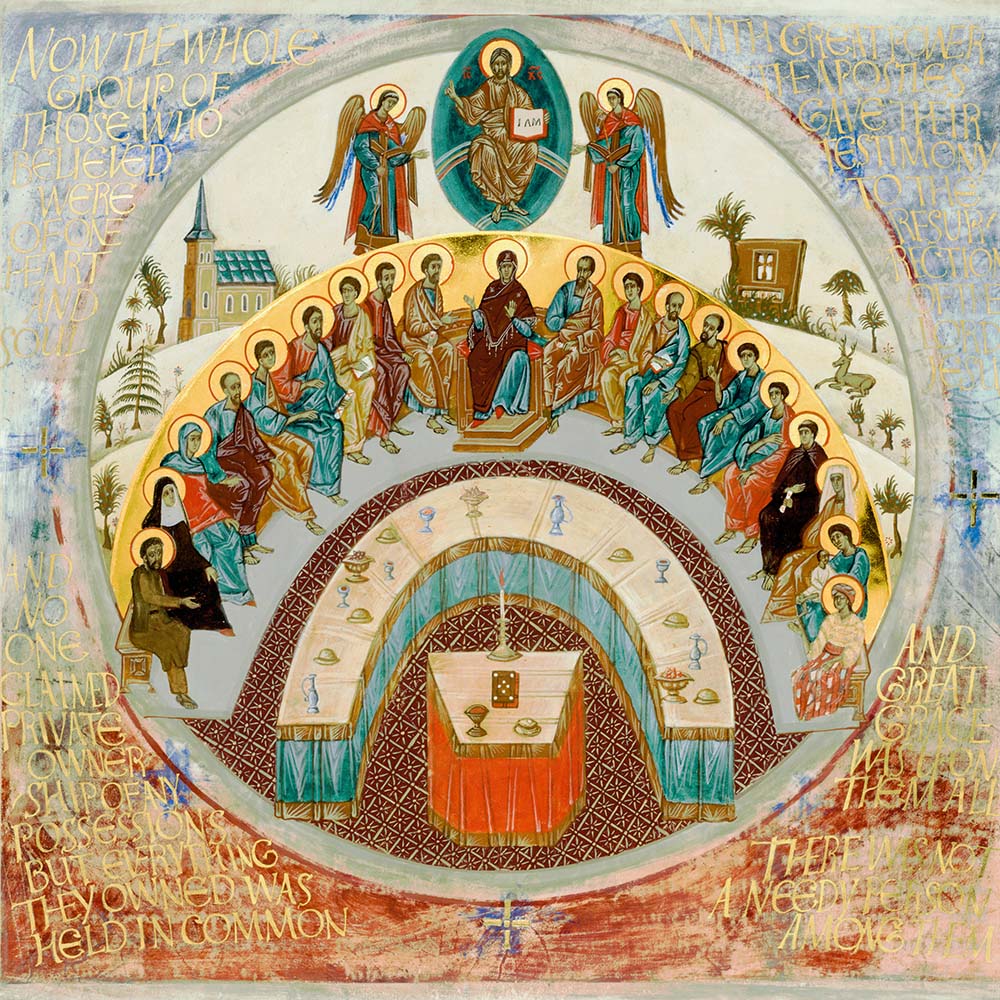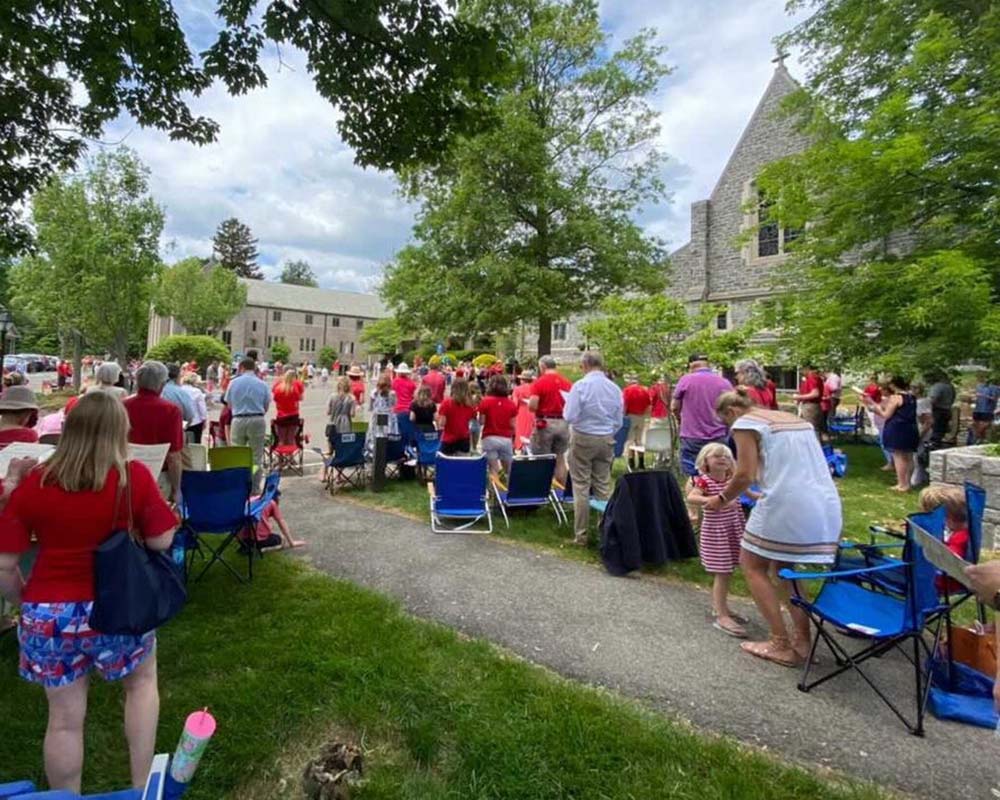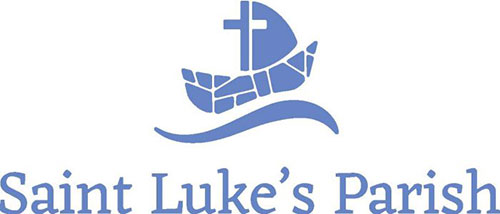What We Believe
As Episcopalians, we believe in following the teachings of Jesus Christ, whose life, death, and resurrection saved the world.

An Ancient Faith
We join with Christians all over the world in honoring one God, made known as Father, Son, and Holy Spirit. We believe and trust that God created and sustains the world in love. We believe and trust that God seeks us out to make his loving purposes known. We believe and trust that God has revealed himself in creation itself, in the pages of the Bible, and most especially in the life and teachings of Jesus Christ. And God continues to make himself known to each of us through the work of the Holy Spirit.
Episcopalians are the heirs of an ancient faith, tracing our lineage back through the Church of England and the Western Catholic Church, all the way back to the earliest days of Christianity. We hold the one Faith revealed in Holy Scriptures, and defined in the Creeds and Ecumenical Councils of the early church. Many of our prayers and traditions date from these ancient sources, connecting us with our forebears in faith. Our life together is guided and shaped by The Book of Common Prayer, first published in 1549 and most recently revised in 1979, which contains our liturgies, prayers, theological documents, and much more.

In a Modern World
Grounded in well-worn traditions of prayer and worship, the Episcopal Church is also able to be spacious and inclusive. Deep in our spiritual DNA is a call to the Via Media (or Middle Way). We do not all agree on the hot-button issues of the day. We have room for your doubts and questions. We like to learn and explore together. We really are a “big tent,” remembering St. Paul’s warning that we cannot say to our neighbor, “I have no need of you” (1 Cor. 12:21). We believe everyone belongs.
Inspired by our ancient faith, we seek to pattern our lives on the life and teachings of Jesus in our own day. We believe that God loves you – no exceptions. And so we aspire to be a church that is open to all. We do not always get it right, but the Episcopal Church has a long legacy of aspiring toward justice and inclusion. Women and men serve as bishops, priests and deacons in our church. Laypeople and clergy cooperate as leaders at all levels of our church. We bless marriages regardless of sexual identity or orientation. We are taking up the call to be more proactively anti-racist. And we do it all as part of our baptismal vow to “strive for justice and peace among all people, and respect the dignity of every human being.”

